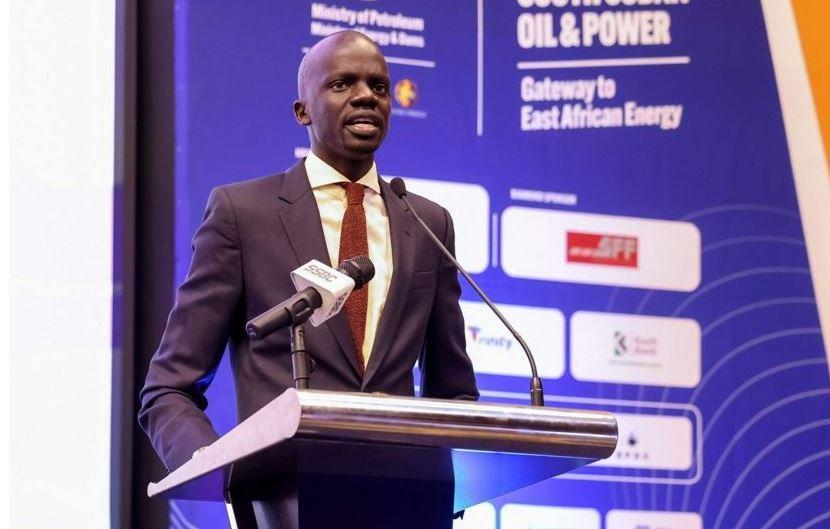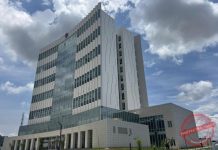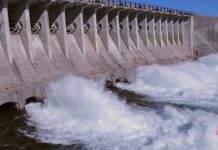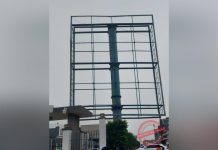Majok Deng
Africa-Press – South-Sudan. The big question is: will South Sudan be among the brightest spots for investment in the region?
The answer is a big yes since the political reforms and the ongoing peace process will be the benchmark for improving the investment climate in the country. Following the formation of the unity government and appointment of state governors in 2020, President Salva Kiir’s government has tirelessly continued to engage holdout groups in a peace dialogue. All his efforts are aimed at restoring peace and tranquility ahead of the 2024 election.
Progress has been made in the implementation of the roadmap, and that would complement the economic policy reforms that have already been initiated thus far. As a matter of fact, the sustained implementation of public financial management and increased reliance on concessional financing are expected to improve debt sustainability.
The Republic of South Sudan has a huge pool of untapped investment opportunities, and I think both local and international investors should not wait since these opportunities may be taken up sooner rather than later as the dividends of peace are about to yield. For example, the United Nations High Commission for Refugees reported in 2019 that extensive fighting had dramatically decreased since the signing of the peace in 2018. Based on my own observation, there is a political will from our president, as shown by his willingness to bring everybody on board.
South Sudan has many advantages, such as access to raw materials, cheap labour, and growing domestic demand to support the market for any particular product. We are indeed blessed, and so what is missing is investment, especially public investment. The business environment is generally improving with the return of peace and relative political stability. However, there are still problems such as tariff and non-tariff barriers, logistics and high costs of transportation, and unreliable and high costs of electricity. But these areas need investors to invest in them to be able to generate high returns within a short period of time. The government is now working on connecting the countryside with modern highways, which will help bring down the cost of transportation in the medium to short run.
With the return of political stability, the country has to prioritise investment in terms of social return in order to accelerate its economic growth. Sustainable increments in economic growth and development require massive investment because fast-growing economies have had an investment rate of around 40 percent, even more so for resource-rich nations like South Sudan. Hence, engagement with the private sector is paramount if the desired level of investment is to be achieved.
I argued that both local and international investors who have attended the sixth edition of the Oil and Power Conference should take advantage of huge investment opportunities in the oil and gas industry and be an engine of economic growth.
Building more local refineries could positively contribute to sustainable economic growth for shared prosperity. A growing economy can address the issue of youth unemployment. The World Bank estimated in 2019 that the rate of unemployment has been growing in a geometric progression. Recent statistics stated that more than 50 percent of youths are underemployed, and only 12 percent are formally employed. Hence, public and private sector investment in the oil and gas sector can stimulate economic growth in the near future and considerably reduce the unemployment rate, especially among youth. A lot of young people graduate every year, especially from top engineering schools, and while some of them did find jobs, the majority could not find jobs due to a lack of connections.
In 2014, we were told by Nilepet that South Sudan would be 80 percent independent in terms of requiring energy products from any other country, as two refineries were expected to enter the market. But since then, only the Bentiu (Tharjiath) refinery has announced production for 2021. Unfortunately, it is not clear if the Beniu refinery did contribute to a reduction in the importation of petroleum products.
As a matter of fact, South Sudan is still the leading importer of petroleum products and was ranked globally as the 186th largest importer in 2019. The importation of vehicles leads the chart in the top 10 imports by 26.6 percent, and that is an indication that we import more petroleum products into South Sudan. As the demand for cars increased, the demand for petroleum products also rose, leading to an equivalent demand for dollars and putting downward pressure on the SSP in the parallel market.
As a matter of fact, any outcome from the oil and gas conference will be complementary to the expected resolution of the forthcoming first national economic conference. I’m optimistic that South Sudan will bounce back from the current economic challenges and rebuild her pieces together because I can see signs of political will in the implementation of the peace agreement.
The first-ever national economic breakthrough will not be a silver bullet to all our problems, but it will be a turning point in our attempt to drive our economy to middle-income status. As the theme of the conference rightly put it, we need to promote diversification in our economy and move away from being dependent on one commodity. The consequences of overreliance on oil include exposure to an oil shock that can devastate the entire economy. Diversification away from natural resources will improve the robustness of the economy, and so the government ought to facilitate general-purpose investment and also remove bottlenecks.
The government ought to fast-track its investment in public infrastructure to support economic growth and development. These investments should be designed based on the principle of cost-benefit analysis for the welfare of the community as a whole. Some infrastructure projects will be directly related to the resource, so a resource-rich country will not have difficulty financing such projects. A good example was the “oil for roads” initiative.
Source: The City Review South Sudan
For More News And Analysis About South-Sudan Follow Africa-Press






